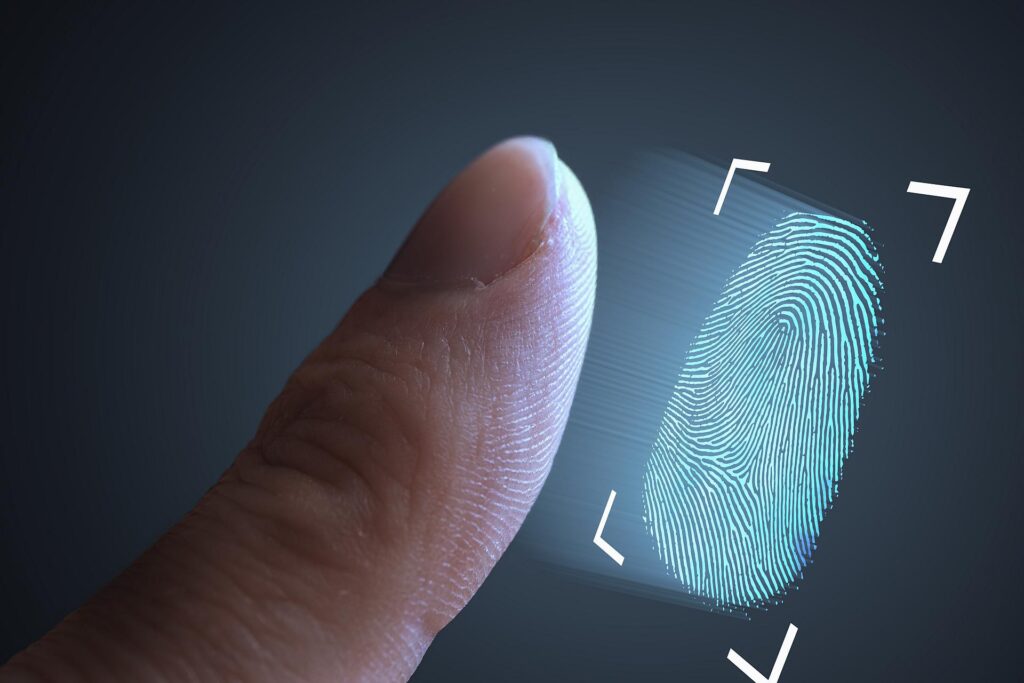LCT Africa, a local start-up, has been helping hospitals overcome this hurdle through its biometric data entry platform that not only cuts on administrative costs, but fraud risks as well.
“For a long time, the process of data entry in Kenya has been too inconvenient and costly for the health sector. That’s why we created a biometric end-to-end healthcare administration platform to address these challenges,” Ms Sylvia Kanyoro, LCT Africa chief operations officer tells the Enterprise.
Ms Kanyoro says the solution, already deployed in Nairobi Hospital, Aga Khan University Hospital, Mater Hospital and MP Shah Hospital, has reduced the time taken to process a health insurance claim from an average of four months to just one day.
“A paper document can easily get lost or misplaced, ending up in the hands of someone who isn’t supposed to be privy to the private information it contains. That’s the risk we’re trying to avoid,” she says.
According to industry statistics,on average it takes 18 minutes for an average person to locate the information they need from a paper document. This time includes looking for the documents itself and then perusing it to get the information they need.
But with the digitisation of data, it only takes two seconds for medical personnel to access the information they need from a searchable document.
Using biometrics technology to authenticate patient data, the LCT platform, which is available both as an app and web portal, has eliminated more than eight paper documents from the claims process.
“So far, we have distributed 1,500 biometric administration devices to hospitals in Nairobi, Mombasa, Kisumu, Eldoret, Nakuru and Nanyuki. Currently, the devices have eased claims for 26,000 users,” Ms Kanyoro notes.
According to Kanyenje Gakombe, the chief executive of Metropolitan Hospital, the platform is a game-changer, noting that it takes about 70 days, more than two months, for hospitals to receive payments from insurance companies.
But the platform is not only targeted at the big hospitals in the city.
For rural areas where claims officers may struggle with internet connectivity, LCT Africa says its portable device come with two SIM cards loaded with mobile data, so they can switch from Safaricom to Airtel or Telkom according to internet signal strength.
“It has a special battery that stores charge for several days and that guarantees users almost a 100 per cent uptime.”
When a health facility is issued with the device, it is ‘locked’ to that location, meaning anyone who steals it can be tracked via GPS technology and cannot even pilfer funds as it is secured using fingerprints.
And as the Covid-19 pandemic keeps ravaging economies, Ms Kanyoro says it has become necessary to adopt contact-less technologies such a s LCT Africa’s platform, where claimants no longer need to queue in hospitals or insurance companies to get their health costs processed.
What’s more, LCT Africa’s platform runs on Google Cloud, a server that would require any hacking group strenuous efforts to access critical patient data.
Last year alone, Ms Kanyoro says the innovation helped process claims worth more than Sh100 million, helping patients get treated faster across the country.
“Big claims can not only be generated at the facility level but also at the insurance company on a real-time basis. The process takes only five minutes and will alert the patient through an SMS notification,” she explains.
Digital prints
With insurance card numbers registered on the platform corresponding to their digital fingerprints, the system safeguards against identity theft at all points of transaction.
Data generated on the platform is also helping underwriters and hospitals get a better risk profile of their members that can be used to decide on pricing models faster.
“I find it more convenient than queueing in claims sections of insurance companies holding several papers. You are told to wait even when the claim is an emergency case. But with this one, for only Sh50 your claim is processed within minutes,” says John Kimani, a user of the platform.
LCT Africa is targeting to help the more than seven million Kenyans who pay premiums monthly for the National Health Insurance Fund cover but still fail to get the healthcare they need.
“That’s why we have started by offering the devices for free to gain higher utility in remote areas and make the service more affordable,” Ms Kanyoro says.









